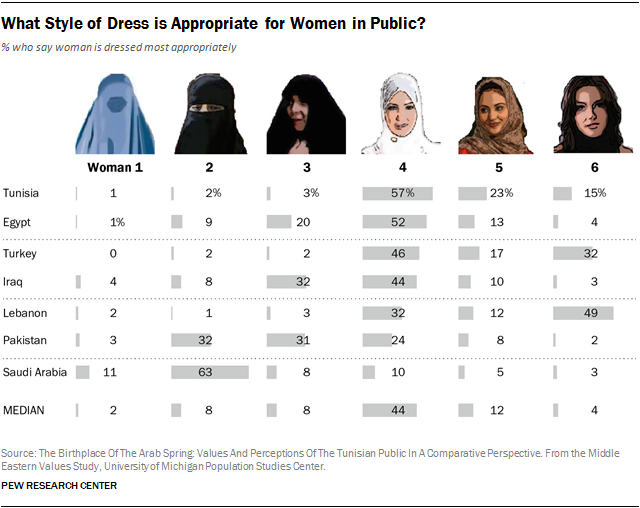ESR linked to an interesting discussion of the spread of chile peppers and other exotic spices from the Roman empire onwards:
Can you imagine a world without salsa? Or Tabasco sauce, harissa, sriracha, paprika or chili powder?
I asked myself that question after I found a 700-year-old recipe for one of my favorite foods, merguez — North Africa’s beloved lamb sausage that is positively crimson with chiles. The medieval version was softly seasoned with such warm spices as black pepper, coriander and cinnamon instead of the brash heat of capsicum chile peppers — the signature flavor of the dish today.
The cuisines of China, Indonesia, India, Bhutan, Korea, Hungary and much of Africa and the Middle East would be radically different from what they are today if chiles hadn’t returned across the ocean with Columbus. Barely 50 years after the discovery of the New World, chiles were warming much of the Old World. How did they spread so far, so fast? The answers may surprise you — they did me!
I learned that Mamluk and Ottoman Muslims were nearly as responsible for the discovery of New World peppers as Columbus — but I’m getting ahead of myself.
The global pepper saga begins in the first millennium bce with the combustible career of another pepper — black pepper (Piper nigrum) and its cousins, Indian long pepper and Javanese cubeb. Although Piper nigrum was first grown on the Malabar Coast in India, the taste for it enflamed the ancient world: No matter what the cost — and it was very high — people were mad for pepper. The Romans, for example, first tasted it in Egypt, and the demand for it drove them to sail to India to buy it. In the first century, Pliny complained about the cost: “There is no year in which India does not drain the Roman Empire of fifty million sesterces.”
In one sense, the whole global system of trade — the sea and land routes throughout the known world that spread culture and cuisine through commerce — was engaged with the appetite for pepper, in its growth, distribution and consumption.

Dried chiles shipped well worldwide. From top-left: New World Capsicum annuum varieties include guajillo, ancho and New Mexico; a smaller Capsicum frutescens variety called “birdseye” chiles spread wild in Africa after birds spread their seeds from early gardens, and they are now common also in Southeast Asia; “Indian” chiles are among the most common varieties in India, which today grows and exports more chiles than any other nation. Bottom-left: Three popular capsicum peppers that took root in the Middle East — Maraş, Urfa and Aleppo, shown below in their flaked form — are used in dishes throughout the region. Bottom-right: Fresh serrano, poblano and ripe jalapeño peppers.
ESR said in his brief G+ posting:
More about the early and very rapid spread of capsicum peppers in the Old World than I’ve ever seen in one place before.
I also didn’t know they were such a nutritional boon. It appears one reason they became so entrenched is they’re a good source of Vitamin C in peasant cuisines centered around a starch like rice. My thought is that moderns may tend to miss this point because we have so much better access to citrus fruits and other very high-quality C sources.
The bit about paprika having been introduced to Hungary by the Ottomans was also particularly interesting to me. This was less than 30 years after they had reached the Old World.




